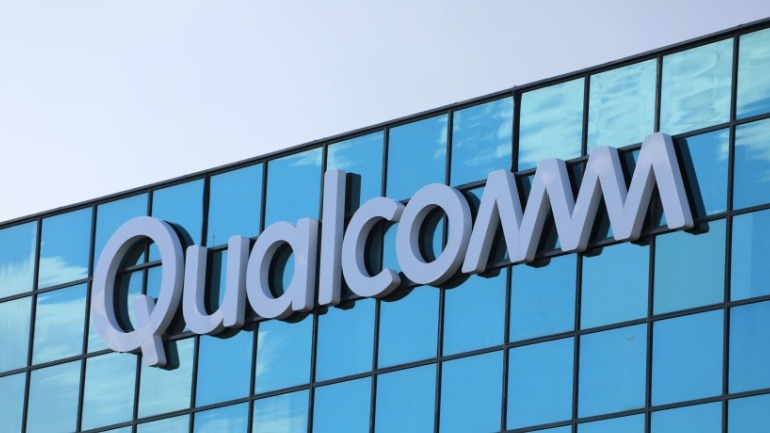Qualcomm’s Q2 results showcase strong growth across automotive, IoT, and AI, driven by CEO Cristiano Amon’s diversification strategy. With revenues up 17 percent year-on-year and major strides in on-device AI, the company is expanding well beyond smartphones while reinforcing its leadership.
Qualcomm is diversifying beyond mobile handsets, targeting $22 billion annual revenue from automotive and IoT by FY29.
Verizon Business has partnered with Vay Technology to enhance Vay’s innovative driverless fleets with cutting-edge 5G connectivity. Vay’s remote-operated electric vehicles will leverage Verizon’s robust mobile network, revolutionizing the VoIP landscape with teleoperation-ready cars and seamless data management.
UK-based autonomous vehicle startup Wayve has announced a significant investment of $1.05 billion aimed at advancing its development of self-driving cars powered by artificial intelligence (AI). The funding round was led by SoftBank, a Japanese multinational conglomerate, with substantial contributions from tech giants Nvidia and Microsoft.
Telecom analytics titan Mobileum Inc. has been selected by NTT Communications Corporation for integrating its cutting-edge technology platform into the rapidly evolving global connected car market. Mobileum’s solution, composed of connectivity management, testing, and fraud prevention capabilities, aims to ensure continuous, secure connectivity, whilst addressing the associated rise in potential fraud threats.
Telecommunications giant Kirin partners with Chinese auto manufacturer Dongfeng, aiming to innovate in ‘new energy’ automobiles. The deal looks to infuse Huawei tech into Dongfeng’s vehicles, sparking curiosity around specifics and outcomes. Voyah, the brand at the center of the deal, ambitiously plans to double their output, leveraging China’s vigorously blooming EV market.
Hyundai Motor and Kia are revolutionizing the amalgamation of mobility and living spaces by proposing the consolidation of home and car services. Assisting in this groundbreaking initiative is Samsung Electronics, providing the potential to transform our relationship between home and car via ‘Car-to-Home’ and ‘Home-to-Car’ services. This change promises remote control over various appliances through voice commands, as well as the ability to monitor and manipulate vehicle functions from home.
Chinese tech juggernaut, Huawei aims to bolster its global partnerships, despite facing recent US sanctions. Pivoting to the automotive sector, Huawei’s Intelligent Automotive Solution (IAS) is poised to become a driving force in smart electric vehicles software and parts. Interestingly, while Mercedes Benz declined an investment offer to retain its software independence, a collaborative opportunity with Audi for autonomous drive technology is reportedly in play.
SoftBank’s recent €473m acquisition of a 51% stake in Cubic Telecom indicates a growing confidence in connected vehicles’ market. Cubic’s unique software – already utilized in around 17 million vehicles worldwide – allows manufacturers to add new functionality over-the-air, enhancing safety and performance. According to McKinsey & Co, by 2030, 95% of new vehicles are anticipated to be connected, revealing the tremendous potential of this sector.
In a monumental collaboration, Qualcomm and AWS aim to connect vehicles with the cloud, reshaping the future of automotive industry. Through this partnership, they offer auto companies the ability to fine-tune advanced vehicle software through cloud before installation. An integral part of this innovation is the Snapdragon Digital Chassis portfolio, which includes enhanced safety and infotainment systems.













